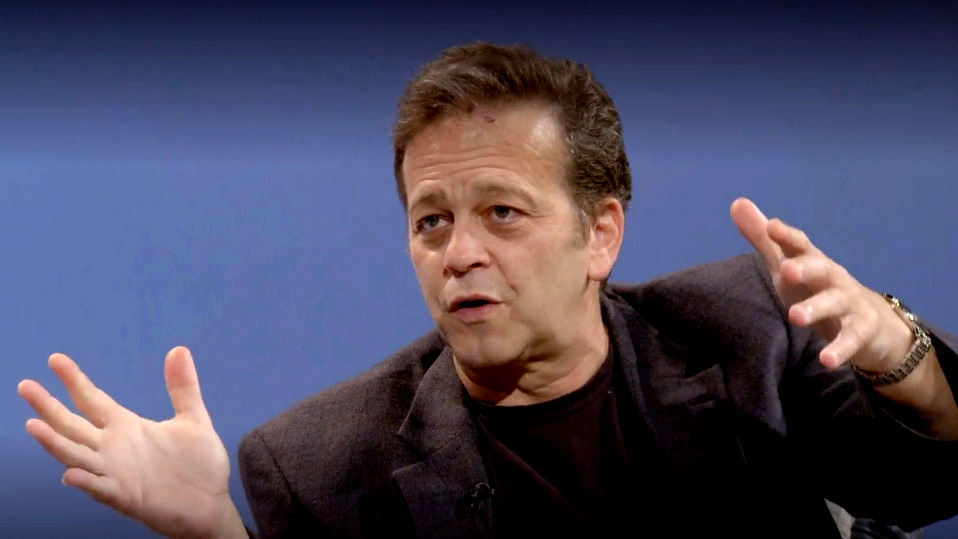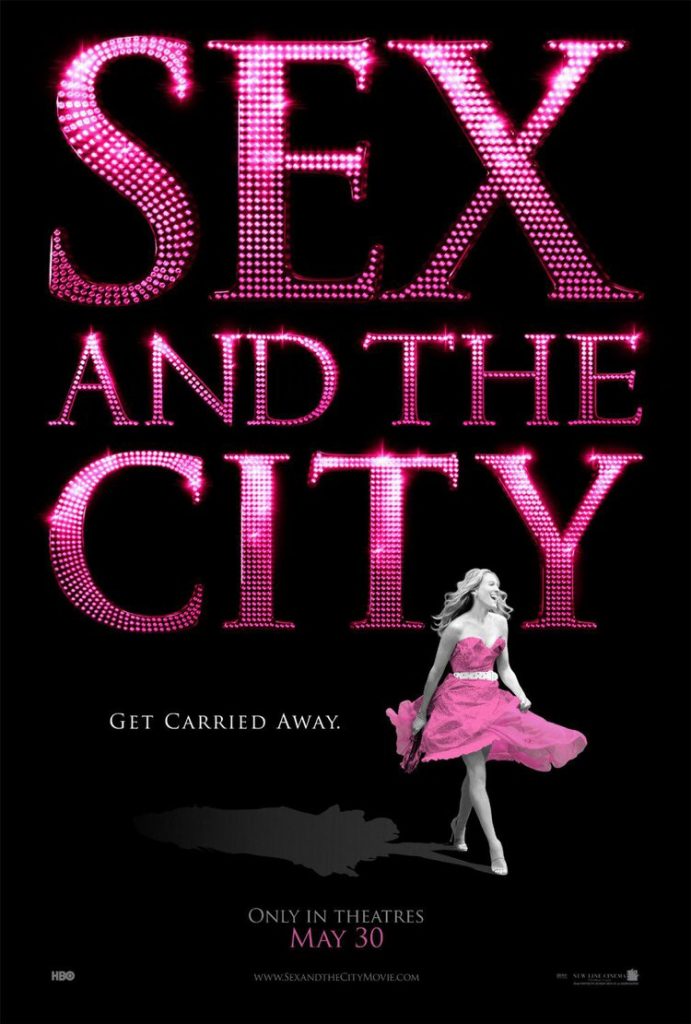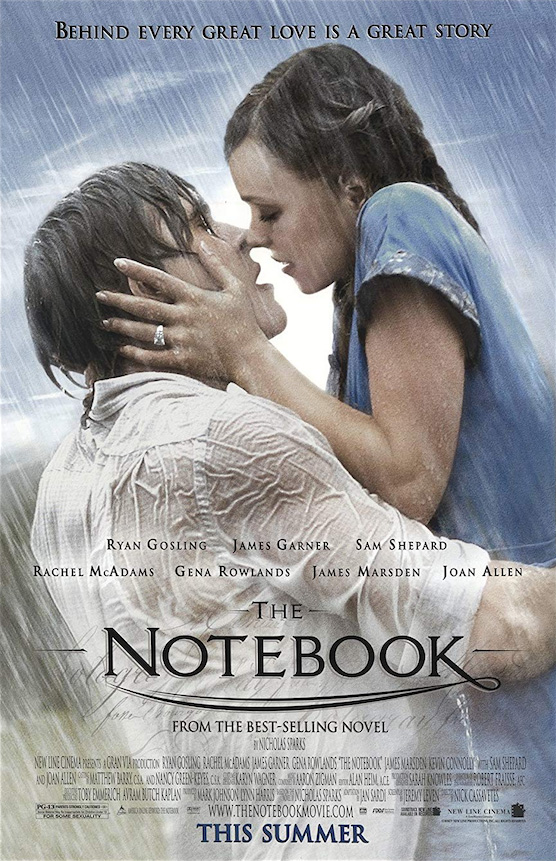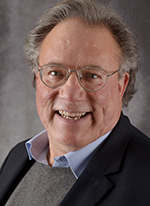You may not know Aaron Zigman but you know his work, and now he knows Peoria and he’s impressed
A chance encounter makes me wonder:
At any given time, how many folks like Aaron Zigman might be unassumingly roaming around Peoria?
You might not know his name or face. But you know his work.
Music? The 60-year-old Zigman has written or produced more than 50 albums, working with the lofty likes of Aretha Franklin, Ray Charles, Carly Simon. Phil Collins, John Legend, Christina Aguilera and Quincy Jones.

Movies? He has scored more than 70 Hollywood films, including The Notebook, Sex & the City, The Proposal, John Q, Akeelah and the Bee and The Shack.
Not a bad résumé, eh? But there’s more.

 Zigman, a classically trained pianist since age 6, just finished a sprawling oratorio about the under-told story of Jewish refugees who fled Nazi Germany for Shanghai. The intense effort took him four years. Four years. Think about that the next time you complain about the latest job dumped on you at work.
Zigman, a classically trained pianist since age 6, just finished a sprawling oratorio about the under-told story of Jewish refugees who fled Nazi Germany for Shanghai. The intense effort took him four years. Four years. Think about that the next time you complain about the latest job dumped on you at work.
And there he was, just the other day, wandering around Peoria for the first time. A California lifer, he’d popped into the River City to visit a pal.
“I love Peoria,” he said in some of his first words to me. “It just feels calm. There’s a calming energy.”
I met Zigman through a friend of a friend, just after his first ride along Grandview Drive. With an enthused smile, he gushed, “Nice energy. Nice vibe.”
You could say the same about Zigman, whose low-key demeanor bellies intense musical passion. You don’t — at least, I don’t — run into Zigman-caliber creative minds every day. So, I chatted with him for a while, curious as to how one rises to the top of the fickle entertainment world, and on his own terms.
As it turns out, if not for a sorrowful twist during childhood, he might have bypassed recording studios and orchestral halls in favor of tennis courts.
As a kid in San Diego, Zigman, whose mom is a pianist and harpist, started writing musical compositions by age 9. But he had another great childhood love in tennis. In fact, as his teens approached, he was good enough that collegiate tennis seemed a certainty, with a professional career a possibility.
But at age 13, his beloved tennis coach died. To fill that sudden void, he threw himself entirely into music.
“That was very traumatic for me,” he said somberly. “So, music started to be dominant. Literally at age 14, I made the decision that music was going to be my life. I don’t think my parents knew it at the time.”
In fact, there were other things they didn’t know.
“I would tell my parents I was going somewhere after school,” he said, still sheepish about it after all these years. “But really I was going somewhere else, to study with jazz musicians downtown.”
The teen raptly watched their techniques, occasionally getting a chance to sit in. Whereas his late-‘70s classmates at Point Loma High School followed The Clash and Elvis Costello as they climbed the rock charts, Zigman kept a keen eye on heroes such as Abraham Laboriel, a Mexican-American jazz bassist who would eventually play on more than 4,000 recordings and soundtracks.
“I was fortunate enough to play with … the go-to guys on records and film,” Zigman said.
By his late teens, he aimed to become a session musician in Los Angeles, a goal he began to realize while attending UCLA. At the same time, he wrote songs for Carly Simon and the TV show Fame. He hit it really big at age 23, when the pop band The Jets took his song Crush on You to No. 3 on the Billboard Hot 100 chart in the spring of 1986.
“That was a thrill,” he allowed with a slight grin.
From there, Zigman began producing records, quickly becoming in demand in the studio for artists as diverse as Huey Lewis and Dionne Warwick. The studio taught him lessons in collaboration and teamwork, especially in learning to listen.
“If somebody else has an idea, it’s always good to execute that idea,” he said. “You might learn something in the process.”
Still, Zigman yearned for more than just mainstream success in the studio. In 1998, he told his manager he was leaving pop music for films.
“I wanted to go to the long form,” he said.
He had dabbled in film scores, contributing work to movies including Mulan, License to Kill and What’s Love Got to Do With It? In 2002, he did his first full score, for John Q, which won a BMI Film Music Award and pushed him onto a new, and successful, career course.
“I felt liberated when I became a film composer,” he said. “I think music in film is extremely important.”
He readily allows that some movies, like Dog Day Afternoon, are great without music. Still, scores can lift some movies, or sometimes even stand out on their own.
“Some of the greatest scores … are of obscure films people don’t know about, for instance, The Legend of 1900, he said. “I’ve watched that film 25, 30 times.”
Yet Zigman still longed for more freedom and expanse.
“When you’re writing for a film, you are supporting what’s going on,” he said.
Zigman, who had been quietly working on chamber and orchestral works since the 1990s, completed the concerto Tango Manos in 2019, earning a nomination for a Pulitzer Prize in music. Not long after finishing that work, he began Émigré, commissioned by Maestro Yu Long, the Shanghai Symphony Orchestra and the New York Philharmonic. For the ambitious oratorio, which follows the exodus of Jews from Nazi Germany to China ahead of World War II, Zigman wrote all the pieces for a 100-plus-piece orchestra, which will perform with an 80-member choir starting this fall.
For Zigman, who has studied the Holocaust since childhood, his oratorio — which is like an opera but with more focus on music and less on acting — marked a personal and professional zenith.
“Music, to me, has been my life,” he said. “I feel like this piece … is the culmination of my life’s work.”
Yet he is not done. He believes the story behind Émigré is largely unknown and merits a wider audience. In that regard, he hopes it can make the jump to the silver screen.
“That is one of the other reasons I did it, because I think it is a film,” Zigman said. “I think the two worlds can converge, opera and film.”
After all, Hamilton enjoyed a successful stage-to-screen transition, so why not Émigré? And a few years from now, if you see ads for a film depicting a dark and obscure (yet vital) point of human history, think back about the preview here by Aaron Zigman, who gave an off-the-cuff sneak peek of a movie yet to be during his first visit to a calm place called Peoria.





